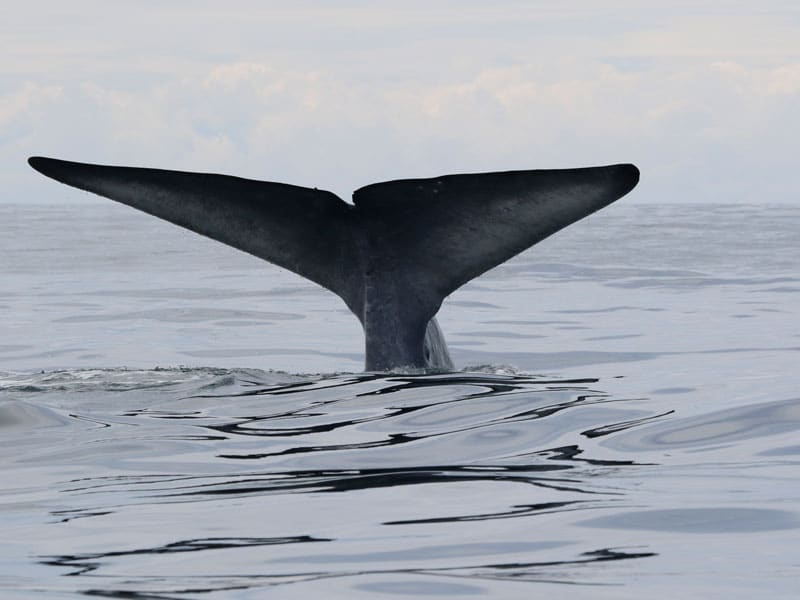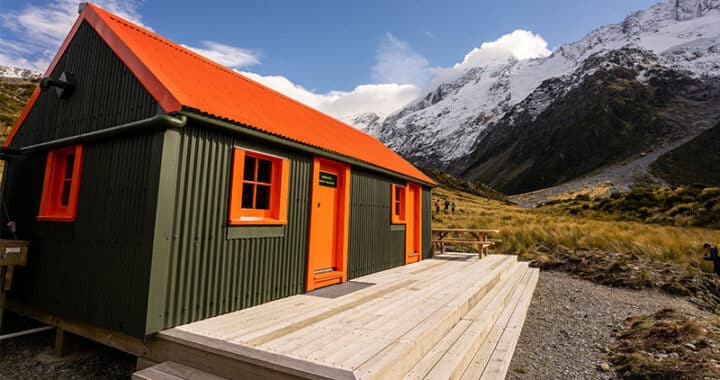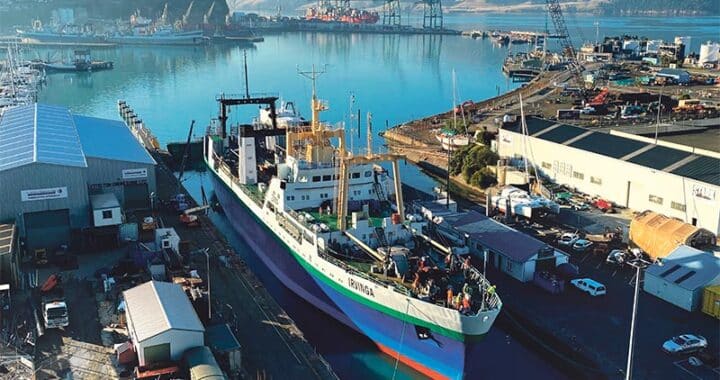Taranaki seabed mining case: court decision overturns EPA consent
2 min read
Blue whale off South Taranaki. Photo: GEMM Lab at Oregon State University
The Court of Appeal today denied Trans-Tasman Resources (TTR) permission to mine the South Taranaki Bight, quashing the Environmental Protection Authority’s (EPA) consent granted to the organisation.
The court confirmed that the proposed seabed mining operation does not meet numerous environmental and Treaty of Waitangi principles.
Several groups that opposed to the company’s application welcomed the judgement.
“Forest & Bird and many others have opposed TTR’s environmentally destructive plans and the EPA’s blatantly unsound decision-making since they first came to light three years ago,” said Forest & Bird CE Kevin Hague.
“Forest & Bird won’t stop fighting environmentally harmful proposals until the lesson is learnt – we need nature, and nature needs us to look after it. New Zealand has a chance to build an economy that protects and restores the environment and doesn’t profit from destroying it.
“Our message to TTR is ‘Pack up and go home, New Zealand’s environment doesn’t need you, and its people don’t want you’. To the EPA we say, ‘Your job is to protect the environment, start doing it or we will see more of you in court, and we will win’.
“Trans-Tasman Resources was proposing to spend the next 35 years sucking up 8000 tonnes of seafloor every hour. This would likely kill everything on the seafloor, and severely disrupt the habitat of blue whales and other marine mammals.”
Hague added the Taranki sea is home at least some of the time for 34 species of marine mammals, including Hector’s and Maui dolphins, humpback whales, and New Zealand’s own population of blue whale.
Cindy Baxter, chairperson of Kiwis Against Seabed Mining, said the court’s decision sends a “powerful message that New Zealand waters are not open for pillage by seabed miners”.
“We doubt very much that any future investor would now have the appetite for throwing money at what is clearly a lost cause,” Baxter said.
“This three-year process has been a long, drawn-out battle, underlining the need for a ban on seabed mining. This is the third New Zealand application and again the seabed miners have lost, at enormous expense to local communities, iwi, environmental groups and industry,” she said.
Jessica Desmond, oceans campaigner at Greenpeace, said it was important to recognize that seabed mining is “too destructive to go ahead.”
“This particular mining operation would put endangered Hector’s dolphins, blue whales, seabirds, and coral life at risk. It’s a risk we cannot afford.”
TTR spokesperson Andrew Stewart said it was too soon for the company to comment.
“Any comments will be reserved until the decision has been properly considered in its entirety,” he was quoted as saying by NZ Herald.



